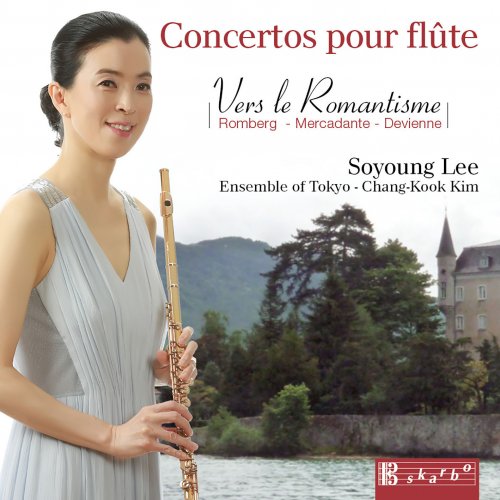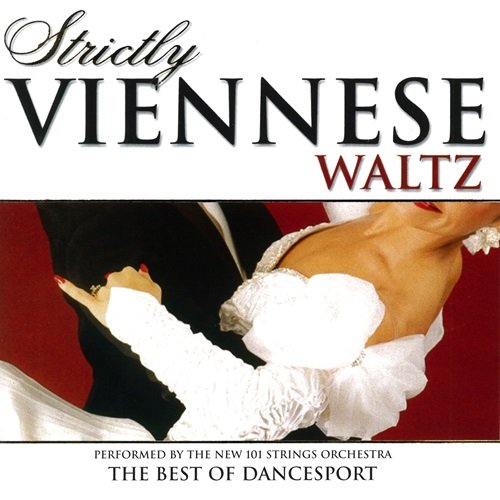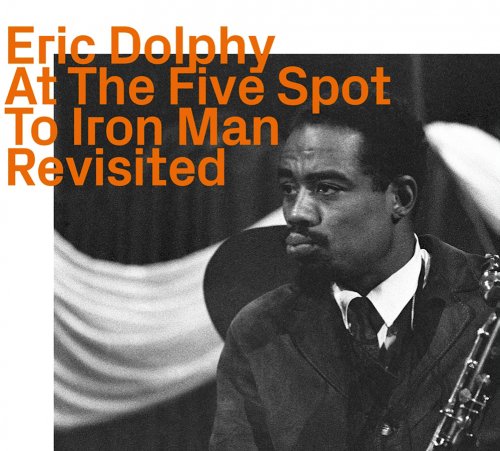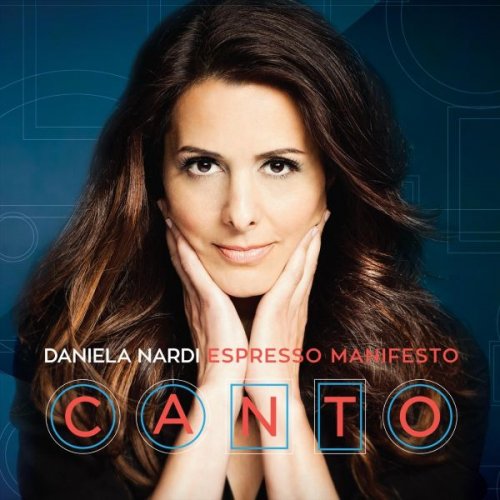Soyoung Lee, Ensemble of Tokyo, Chang-Kook Kim - Vers le romantisme: Concertos pour flûte (2015) [Hi-Res]

Artist: Soyoung Lee, Ensemble of Tokyo, Chang-Kook Kim
Title: Vers le romantisme: Concertos pour flûte
Year Of Release: 2015
Label: Skarbo
Genre: Classical
Quality: flac lossless (tracks) / flac 24bits - 88.2kHz +Booklet
Total Time: 01:07:35
Total Size: 309 mb / 1.07 gb
WebSite: Album Preview
TracklistTitle: Vers le romantisme: Concertos pour flûte
Year Of Release: 2015
Label: Skarbo
Genre: Classical
Quality: flac lossless (tracks) / flac 24bits - 88.2kHz +Booklet
Total Time: 01:07:35
Total Size: 309 mb / 1.07 gb
WebSite: Album Preview
01. Flute Concerto in B Minor, Op. 17 (Op. 30): I. Allegro maestoso
02. Flute Concerto in B Minor, Op. 17 (Op. 30): II. Andante grazioso
03. Flute Concerto in B Minor, Op. 17 (Op. 30): III. Rondo. Allegretto
04. Flute Concerto No. 2 in E Minor, Op. 57: I. Allegro maestoso
05. Flute Concerto No. 2 in E Minor, Op. 57: II. Adagio
06. Flute Concerto No. 2 in E Minor, Op. 57: III. Rondo russo. Allegro giusto
07. Flute Concerto No. 7 in E Minor: I. Allegro
08. Flute Concerto No. 7 in E Minor: II. Adagio
09. Flute Concerto No. 7 in E Minor: III. Rondo. Allegretto poco moderato
How could one resist the pleasure of listening to and discovering or rediscovering three of the most famous ute concertos from the late 18th and early 19th centuries, brought together by the same soloist? Some of the most-played concertos from that era, already dear to their authors at the moment of their rst performance, they represent both incontestable successes even though they were not the only compositions for the instrument at the time, and an exemplary illustration of three powerful identities – French, Prussian and Neapolitan – whose style and taste contain as many differences as they do riches.
Whereas François Devienne was a autist like – to a lesser degree of virtuosity – Saverio Mercadante, the former still playing the ute with one key unlike his students whose instruments already had several keys, and the latter, using transitional utes before the invention of the Böhm system still in use today, Bernhard Romberg was a cellist, his fame and playing giving him the status of father of the German cello school. The ute did not occupy the same place in the compositions of the three composers. With Devienne, it represents both something obvious and an historical continuity; with Mercadante, it has a place of honour but represents a break by attributing a de nite importance to instrumental music in a universe dominated by opera, a genre in which the composer excelled abundantly; with Romberg, it constitutes an exception, this concerto being his only one for ute alongside ten for cello. These speci cities by themselves engender a character unique to each work, whilst each composer raised ute writing to the highest level.
Recording has allowed and still allows for unprecedented dissemination of these concertos, with soloists such as Jean-Pierre Rampal or James Galway in the latter half of the 20th century making known to music lovers the world over the names of Devienne or Mercadante, previously ignored by the old 78s, thanks to their versions of reference. It was inevitable that, with these three new titles representative of their era, Soyoung Lee would pursue her discographic exploration of the ute repertoire after having recorded, in keeping with the same logic, three major concertos of the 20th century (Nielsen, Jolivet, Ibert – Skarbo DSK 3101).

![Keyvan Chemirani - Tales of Nar (2026) [Hi-Res] Keyvan Chemirani - Tales of Nar (2026) [Hi-Res]](https://img.israbox.com/img/2026-02/05/2f0crjk19rw3dp7xd5h38ofxr.jpg)

![Dave Liebman, Billy Hart & Adam Rudolph - Beingness (2026) [Hi-Res] Dave Liebman, Billy Hart & Adam Rudolph - Beingness (2026) [Hi-Res]](https://www.dibpic.com/uploads/posts/2026-02/1770210118_oyk954khn2fqv_600.jpg)
![Joe Lovano, Winston Salem Symphony & Michelle Merrill - a raft, the sky, the wild sea (2026) [Hi-Res] Joe Lovano, Winston Salem Symphony & Michelle Merrill - a raft, the sky, the wild sea (2026) [Hi-Res]](https://www.dibpic.com/uploads/posts/2026-02/1770314335_cover.jpg)
![Macha Gharibian - PHENOMENAL WOMEN (DELUXE EDITION) (2026) [Hi-Res] Macha Gharibian - PHENOMENAL WOMEN (DELUXE EDITION) (2026) [Hi-Res]](https://www.dibpic.com/uploads/posts/2026-02/1770138728_folder.jpg)
![James Fernando - Philly 3 (2026) [Hi-Res] James Fernando - Philly 3 (2026) [Hi-Res]](https://img.israbox.com/img/2026-02/06/x1z1d5tgfw7831grgh5do6jls.jpg)

